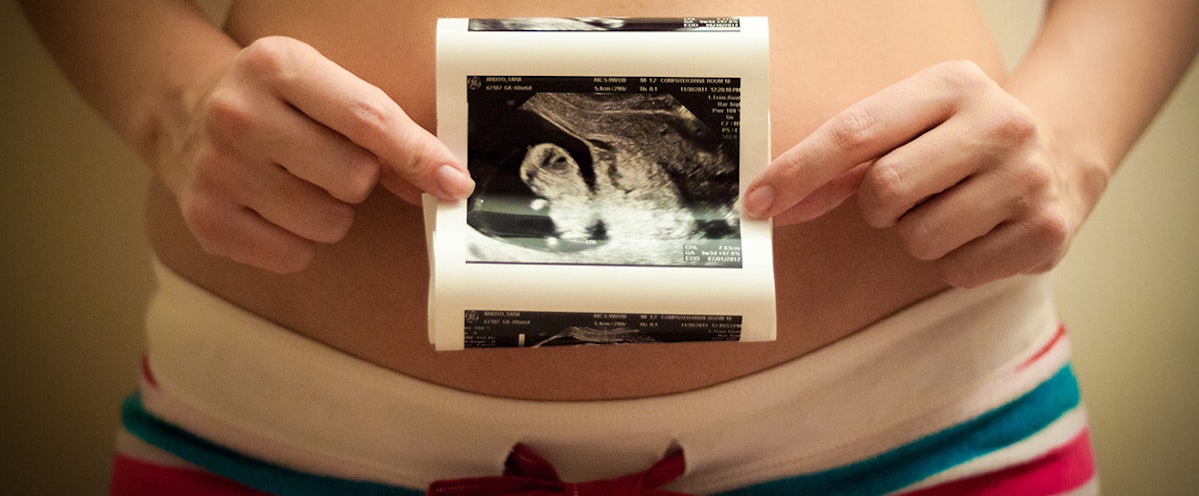Let's Just Say It: Women Matter More Than Fetuses Do
- Get link
- X
- Other Apps
By
collectivist
-
One Monday this September, I woke to the realization that I was officially in abortion overtime. I had entered my twenty-fourth week of pregnancy, which is the point when abortion (except in the most vanishingly rare of medical circumstances) ceases to be a legal option in the state of New York.
I have no desire to havean abortion. I am carrying a baby my husband and I conceived on purpose and whom we can’t wait to raise alongside our older daughter. Yet on that morning, I was acutely aware of having lost one of the most important tools available to women: the ability to exert control over what’s going on inside my uterus.
During both of my pregnancies, I have monitored the weeks available for legal abortion with the same precision that I used to keep track of when to get the nuchal screening, the amnio, the gestational diabetes test. To me, abortion belongs to the same category as the early Cesarean I will need to undergo because of previous surgeries. That is to say, it is a crucial medical option, a cornerstone in women’s reproductive health care. And during pregnancy, should some medical, economic, or emotional circumstance have caused my fate to be weighed against that of my baby, I believe that my rights, my health, my consciousness, and my obligations to others—including to my toddler daughter—outweigh the rights of the unborn human inside me.
Talking about abortions in this way may sound heartless and baby-hating—even, I fear, to pro-choice ears. But that’s not because it is heartless or baby-hating; it’s because the conversation around abortion has become so terribly warped. Public discussion of abortion has come to inexorably privilege fetal life over female life. The imaginary futures—the “personhoods”—of the unborn have taken moral precedence over the adult women in whose bodies they grow.
This is why public accounts of abortions are almost always accompanied with ample helpings of guilt and self-flagellation (“the hardest decision of my life,” “something I still think about”), lest the woman sound icy and immoral. In her excellent new book, Pro, a galvanizing call to reclaim abortion as a moral good, the feminist writer Katha Pollitt refers to this as the “awfulization” of abortion. Most people, no matter their politics, have absorbed some aspect of the right-wing narrative that abortions are uniformly harrowing and traumatic, when for many women they are brief events that leave no lasting mark.
And so we need to make it clear that abortions are not about fetuses or embryos. Nor are they about babies, except insofar as they enable women to make sound decisions about if or when to have them. They’re about women: their choices, health, and their own moral value. It might sound far-fetched to suggest that the public debate about reproduction could ever sound this sensible. But there have been times in our history when it did—even when (and sometimes because) women had far fewer rights and freedoms than they do today. . ."
- Get link
- X
- Other Apps


Comments
Post a Comment